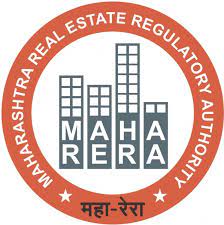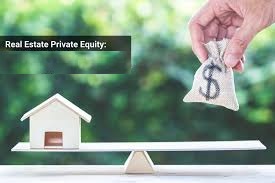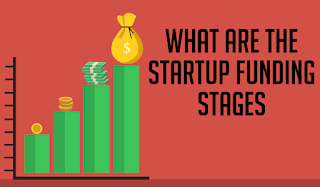How to find project details on MahaRERA website?

Maharashtra RERA is having the most number of residential projects registered under it across the country. As per the RERA norms, all registered projects are mandated to submit their project details on the RERA website. Here’s a step-by-step guide to navigate through the website and extract all real estate project details. Of all the States that notified the Real Estate (Regulation and Development) Act, 2016 rules, MahaRERA has been the most active in terms of executing the norms across the State. The State regulator came into force in May 2017, much before other State’s had formed their regulatory authorities. Interestingly, MahaRERA also takes care of the property registrations in Daman and Diu, and Dadra and Nagar Haveli. many homebuyers are still not aware of the process to check various project related details along with its RERA-compliance. Here, Sharing Step-by-step guide to find RERA-related details of a particular project on Maharashtra RERA’s website. Finding project related






